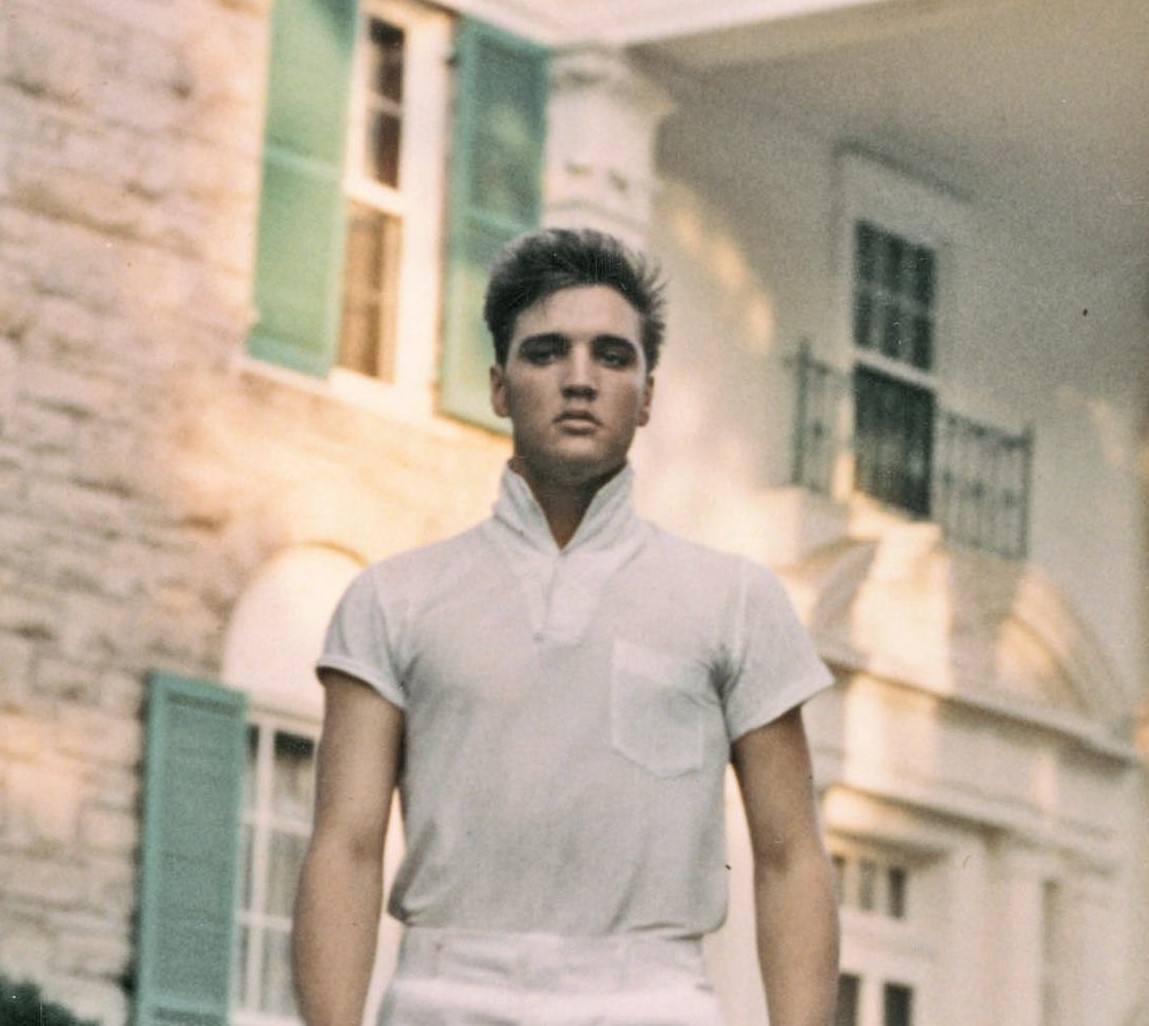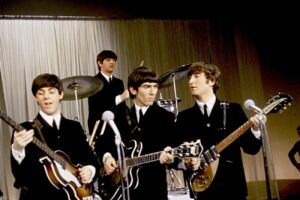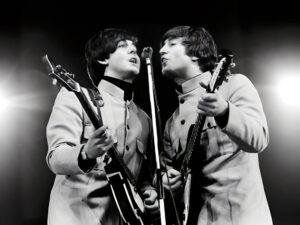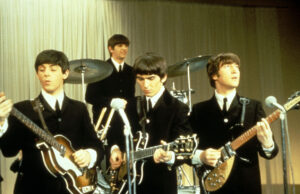“How Frankie Valli and the Four Seasons Stopped an Elvis Presley Song from Hitting No. 1”
In the annals of music history, the battle for the top spot on the Billboard charts has been fierce and unpredictable. One of the most intriguing chapters in this story involves a showdown between two legendary acts: Frankie Valli and the Four Seasons, and the King of Rock ‘n’ Roll himself, Elvis Presley. This article delves into the fascinating tale of how Valli and his crew managed to thwart an Elvis hit from reaching No. 1.
The Players:
1. Frankie Valli and the Four Seasons – Known for their distinctive sound and hits like “Sherry” and “Big Girls Don’t Cry,” this group from New Jersey was a formidable force in the 1960s music scene.
2. Elvis Presley – The unrivaled icon of rock ‘n’ roll, Elvis had countless chart-toppers throughout his career.
The Song That Almost Made It:
In the summer of 1964, Elvis Presley released “Can’t Help Falling in Love.” This ballad, featured in his film “Blue Hawaii,” quickly captured the hearts of fans worldwide. Its dreamy melody and heartfelt lyrics made it a strong contender for the No. 1 spot on the Billboard Hot 100.
The Four Seasons Strike Back:
Around the same time, Frankie Valli and the Four Seasons released “Rag Doll.” This catchy, upbeat tune was a hit in its own right, with its catchy hooks and Valli’s distinctive falsetto. Little did they know that it would become a formidable contender in the race to the top of the charts.
The Battle for No. 1:
For weeks, “Can’t Help Falling in Love” and “Rag Doll” duked it out on the charts. Both songs had their dedicated fan bases, but it seemed that Elvis was poised to take the crown once again. However, Valli and his group had an ace up their sleeve – the power of radio.
Radio Airplay and Regional Preferences:
In the 1960s, radio airplay played a significant role in determining a song’s chart success. Radio DJs and station managers had the power to influence the rankings by choosing which songs to play. Interestingly, regional preferences also played a role. “Rag Doll” received substantial airplay in key markets, while “Can’t Help Falling in Love” faced fierce competition from other songs in some regions.
The Upset:
As the weeks went by, “Rag Doll” gained momentum, while “Can’t Help Falling in Love” faced stiff competition from other songs. In an unexpected twist, “Rag Doll” overtook Elvis Presley’s hit, claiming the No. 1 spot on the Billboard Hot 100 in July 1964. The Four Seasons had achieved the seemingly impossible by dethroning the King of Rock ‘n’ Roll.
The battle between Frankie Valli and the Four Seasons and Elvis Presley for the No. 1 spot on the charts in 1964 remains a captivating chapter in music history. It underscores the influence of radio airplay, regional preferences, and the unpredictability of the music industry. “Rag Doll” may not be as iconic as some of Elvis’s hits, but for a brief moment in time, it stood tall at the top of the charts, immortalizing the group’s name in the annals of music history.



